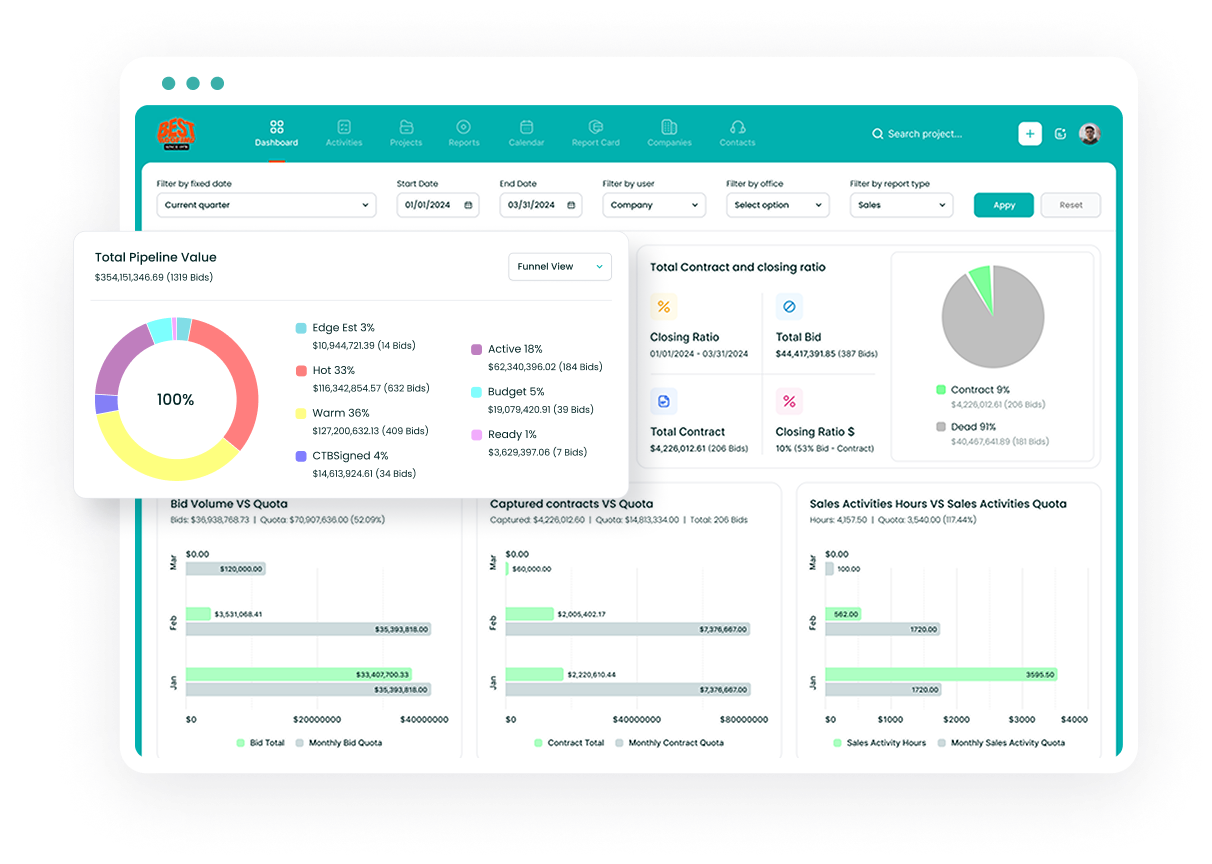Pre-Update Preparations
System Requirements Check Before initiating the update process, verify that your server meets all necessary requirements. The update should be performed by a qualified support technician to ensure proper implementation.
Backup Protocol Create multiple backups of your production environment before proceeding with any updates. This precautionary measure is crucial as you may need to restore your system if complications arise.
Update Process Overview
Timing Considerations Product updates are typically released quarterly according to this schedule: • Update 1: December/January • Update 2: April • Update 3: July • Update 4: September
Step-by-Step Update Implementation
1. Initial Setup
First, ensure all users are logged out of the system. The update must be installed on both the Terminal Server and individual workstations where program files are locally installed.
2. Download Process
- Log into the Sage Customer Portal
- Navigate to Product Help
- Select Sage 300 from the Support By Product section
- Locate the Latest Updates section
- Download the appropriate version update file
3. Installation Procedure
Server Installation
- Save the update file in the shared data directory
- Run the installation file as administrator
- Follow the installation prompts
- Accept all default settings
Database Configuration After installing product updates, if you use web screens, reconfigure the Portal database.
4. Security Considerations
Starting with Sage 300 2023 Product Update 2, enhanced security features require: • Configuration of new Vault and Store databases • Implementation of user security protocols • Authentication system updates
Post-Update Verification
1. System Validation
After installation, launch Sage 300 and verify the update by checking:
- Help menu
- System Information
- Product update identification number
2. Data Activation
Some updates require data activation for specific modules due to database changes. If prompted:
- Log into Sage 300
- Navigate to Administrative Services
- Complete Data Activation process
Special Considerations
Integrated Systems When working with integrated solutions like HRIS or Sage CRM, ensure compatibility between all components. Matching product updates may be required for integrated solutions to function properly.
Web Screen Updates For organizations using web screens:
- Specify full paths for shared data folders
- Use local paths for program folders
- Avoid mapped drives or UNC paths
Troubleshooting Common Issues
Database Connectivity If database connection issues occur:
- Verify database server connectivity
- Check user permissions
- Ensure all services are properly running
Workstation Setup For multi-user environments:
- Share Sage 300 Program and Data folders on the network
- Access shared folders from workstation systems
- Run the workstation setup file (WSSetup.exe)
- Configure database settings on each workstation
Best Practices
Environment Documentation Maintain detailed documentation of your Sage environment, including: • Installed modules • Product update versions • Workstation configurations • Server specifications
Testing Protocol
- Maintain a test environment
- Perform all updates in the test environment first
- Validate functionality before implementing in production
- Schedule adequate downtime for implementation
Maintenance Schedule
Regular Updates Establish a regular update schedule that aligns with Sage's release cycle. This helps ensure: • Security compliance • Feature availability • Bug fixes • System optimization
Modern Authentication Compliance
With recent security changes, ensure your updated system supports: • TLS 1.2 protocol • Modern authentication for Microsoft email services • Current security standards for data protection
Future Considerations
Stay informed about upcoming changes and requirements: • Monitor Sage announcement portals • Subscribe to update notifications • Maintain communication with your Sage support provider • Plan for future upgrades
Conclusion
Updating Sage 300 on a server requires careful planning, proper execution, and thorough testing. Following these detailed steps while maintaining proper documentation and backups will ensure a successful update process. Remember that while the process may seem complex, each step is crucial for maintaining system integrity and security.
Regular updates are essential for keeping your Sage 300 system secure and efficient. By following this comprehensive guide and working with qualified technical support when needed, you can successfully manage your Sage 300 server updates while minimizing disruption to your business operations.
Sources: [1] https://www.baass.com/blog/tips-tricks-install-product-updates-for-sage-300 [2] https://www.top-sage-resellers.com/sage-300-installation.html [3] https://www.baass.com/blog/best-practices-for-upgrading-and-updating-sage-software [4] https://cdn.na.sage.com/docs/en/customer/300erp/2024/open/Sage300_UpgradeGuide.pdf [5] https://www.greytrix.com/blogs/sageaccpacerp/2013/05/16/installation-of-sage-300-erp-workstation-setup/ [6] https://support.commercebuild.com/article/upgrading-sage-vs-migrating-sage-to-a-new-server/ [7] https://help.sage300.com/en-us/2024/classic/Content/ReleaseDocs/ReleaseNotes.htm [8] https://cdn.na.sage.com/docs/en/customer/300erp/2022/open/Sage300_UpgradeGuide.pdf [9] https://www.rklesolutions.com/blog/sage-300-upgrade-requirements-and-faqs [10] https://help.sage300.com/en-us/2023/classic/Content/ReleaseDocs/ReleaseNotes.htm

